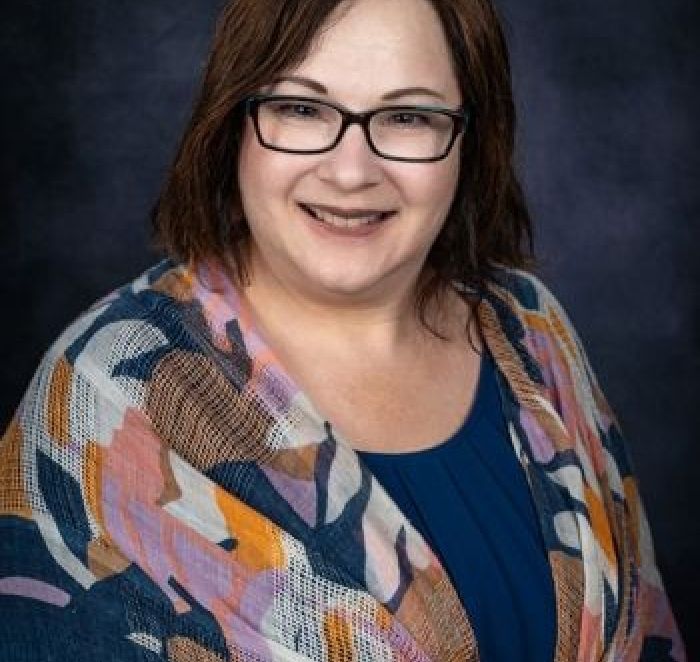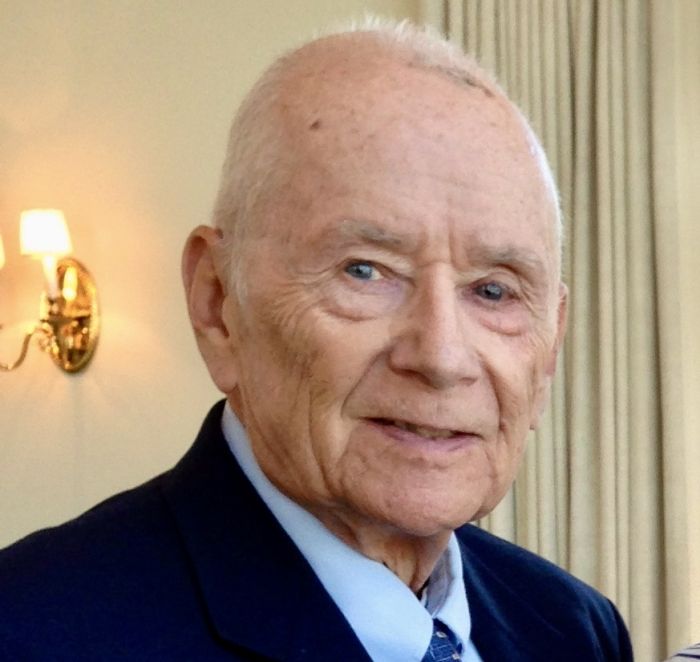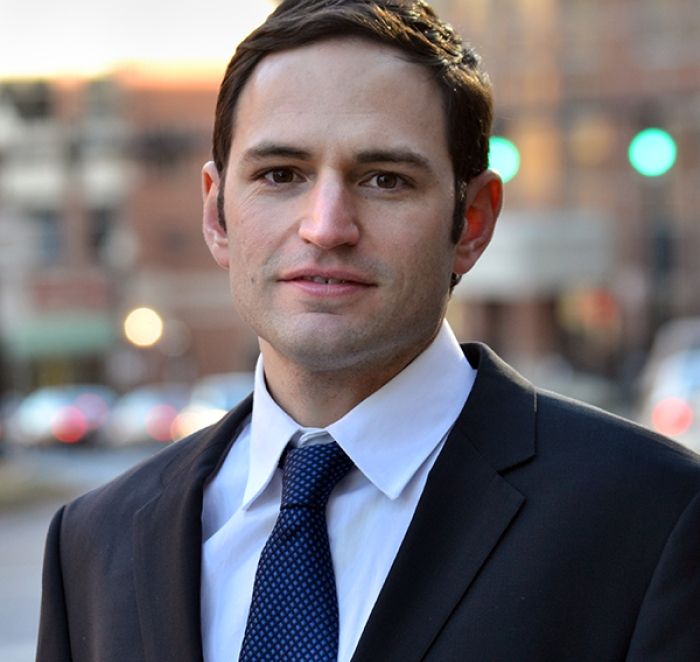Prof. Robert Heverly named a fellow for The Center for Quantum Networks

Move over Mr. Spock.
Make way Han Solo.
Albany Law School Professor Robert Heverly has been named one of nine fellows joining The Center for Quantum Networks (CQN) in 2022 to work on societal impacts of quantum communications technologies.
“The Center for Quantum Networks has some of the best, most thoughtful experts working on quantum networking. I want to see what others at the cutting edge are doing, interact with them, and get feedback on my own work,” Heverly said.
CQN is a National Science Foundation Engineering Research Center dedicated to building the technical and social foundations for the quantum internet. The Center is comprised of researchers, staff, and students from the University of Arizona, MIT, Harvard, Yale, BYU, Howard University, Northern Arizona University, University of Chicago, UMass Amherst, the University of Oregon, and now Albany Law School.
This year, CQN is researching lessons learned from the governance, regulation, and market structure of legacy communications networks – such as current telecom and broadband – to answer questions like:
How will architecture decisions affect the structure of quantum networks, downstream applications, regulatory oversight, or the market for quantum information service providers?
This is where Heverly’s expertise comes into play.
“Law has its hands in everything, everywhere,” he said. “Whether it’s proposals to require ways to provide for law enforcement access to information sent across the quantum internet, or public attempts to keep quantum internet technology within the country, legislators, regulators, and judges have always meddled around with tech. I hope looking at how we handled past technologies can help us anticipate and prepare for some of that meddling before it occurs.”
Heverly’s project with the CQN, “Quantum Networking, Law and Innovation,” will cover two areas.
The first involves looking at ways that government has attempted to regulate technologies in the past, specially related to cybersecurity and encryption, and then laying out a plan to deal with what very well may be attempts to do the same when it comes to the quantum internet.,” Heverly said.
“The second plays into the first, and involves looking at the ways in which technologies are regulated even when they aren’t fully understood by those doing the regulating. The aim of this second part of the project is to develop strategies to make sure the quantum internet is understood sufficiently that we can make our policy choices on an accurate foundation,” he said.
Much of Heverly’s research focuses on cyberspace law and intellectual property. Some of his recent published work includes:
- More is Different: Tort Liability of Compromised Systems in Internet Denial of Service Attacks (Florida State University Law Review)
- Revisiting ‘The Information Semicommons,’ 59 IDEA (The Law Review of the Franklin Pierce Center for Intellectual Property)
- Growing Up Digital: Control and the Pieces of a Digital Life (The MIT Press, MacArthur Foundation Series on Digital Media and Learning)
- The Coming Cyborg Challenge: Human Augmentation and Intellectual Property a book chapter in The World of IP: Caught between Globalism and Nationalism
Fellows receive a stipend to support their research and will participate in the CQN Retreat on January 14-15 in Snowbird, Utah.





